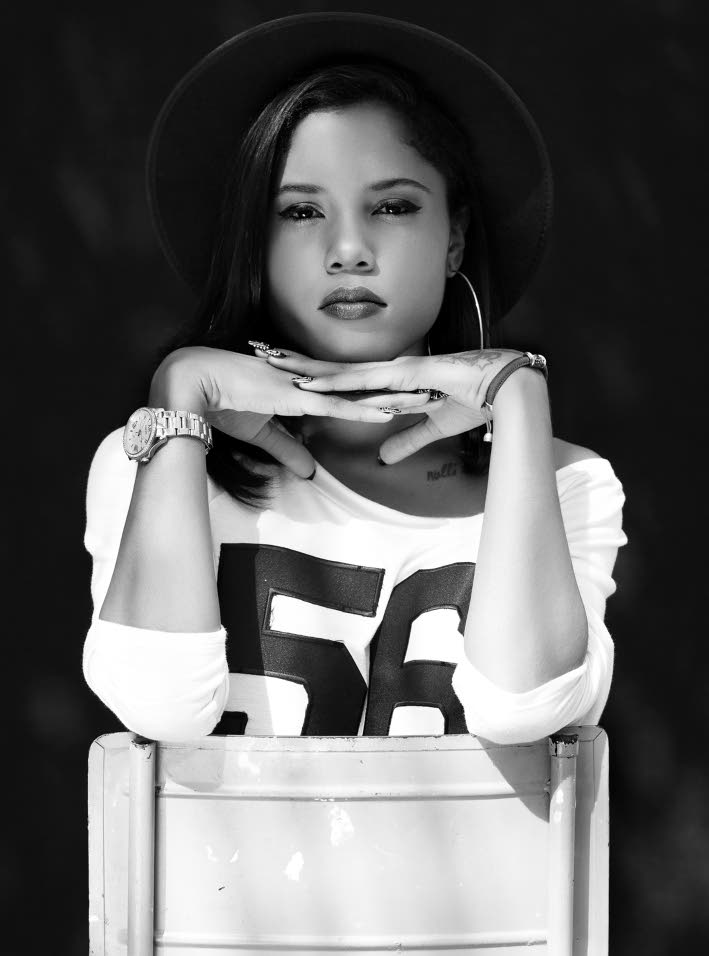The global music industry is grappling with the implications of a multimillion-dollar record deal awarded to Xania Monet, an AI-generated artist, sparking heated debates among musicians and industry professionals. Singer Denyque, known for her participation in the talent show Digicel Rising Stars, expressed frustration, stating that the deal undervalues human talent. ‘I’ve poured blood, sweat, and tears into my career, yet I’ve never been offered such a contract. It’s baffling,’ she remarked, emphasizing the irreplaceable authenticity of human artistry. Denyque remains confident that AI artists cannot truly compete with human performers, particularly in live settings. Meanwhile, Raymond ‘Shadow’ Small, director of communications at Prism Marketing Consultants, views the rise of AI artists as both groundbreaking and concerning. ‘It’s a testament to technology’s power but also a wake-up call for human artists to elevate their craft,’ he said. Small highlighted the limitations of AI, noting its inability to replicate the emotional depth and cultural nuances of human experience. He urged the industry to strike a balance, integrating AI as a tool rather than a replacement. Social media users have also weighed in, with some lamenting the focus on AI over human talent, while others praised the quality of Xania Monet’s music. According to Yahoo News, the bidding for Xania Monet exceeded $3 million, with the deal ultimately secured by Hallwood Media, led by former Interscope executive Neil Jacobson. The artist was created by Mississippi poet and designer Talisha Jones, who used the generative platform Suno to transform her poetry into songs and develop the artist’s image.
